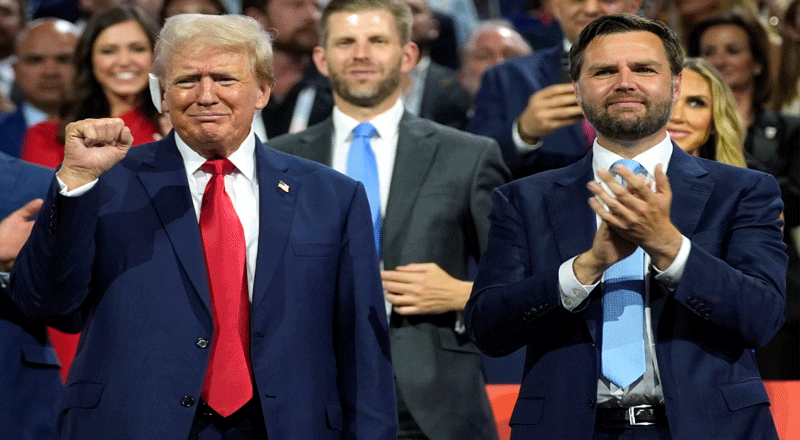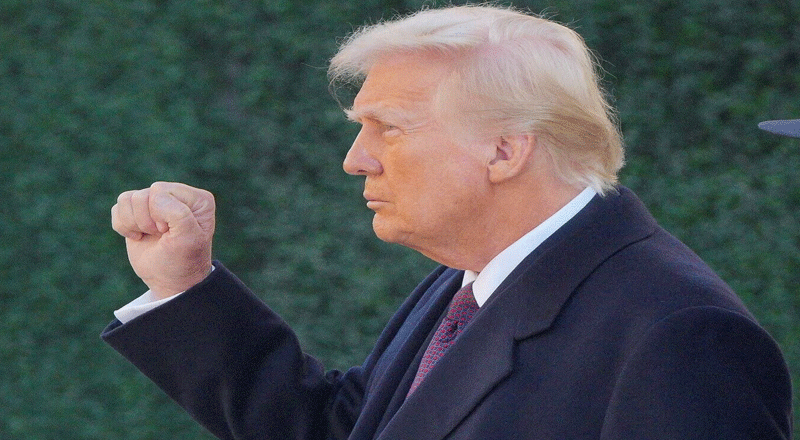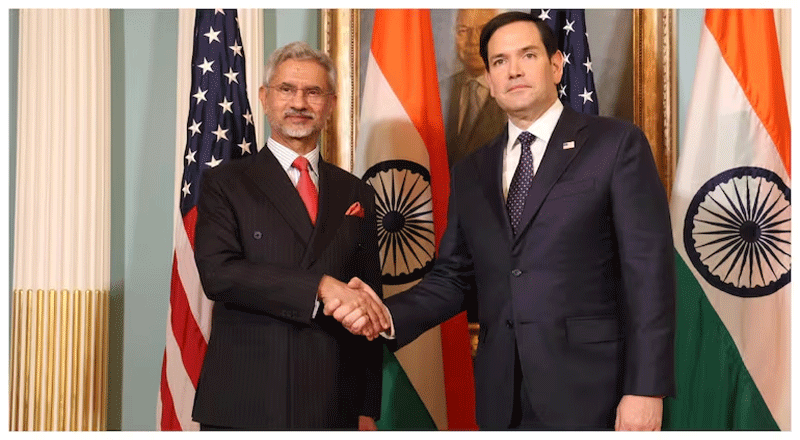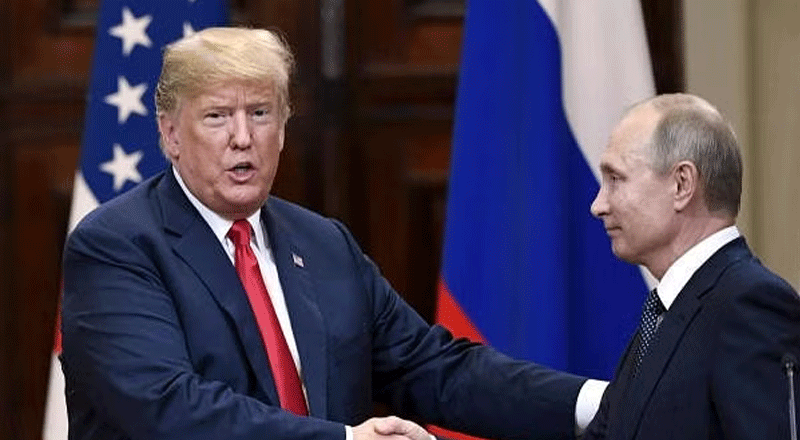U.S. President Donald Trump has once again taken a bold step by signing an executive order to withdraw the United States from the World Health Organization (WHO). This marks the second time in less than five terms that Trump has moved to sever ties with the global health body.
Citing claims of mismanagement, political bias, and financial burden, Trump’s decision has sparked widespread concern among health experts, world leaders, and international organizations. Given the United States’ historical role as WHO’s largest donor, this withdrawal could have serious implications for global health programs, pandemic response, and disease control.
Why is the U.S. Withdrawing from WHO?
Trump’s administration has long been critical of the WHO, accusing it of:
- Poor handling of the COVID-19 pandemic and alleged bias toward China.
- Lack of transparency and independence, failing to hold member states accountable.
- Unequal financial contributions, with the U.S. historically providing around 18% of WHO’s budget.
The executive order also seeks to redirect U.S. funds to alternative global health initiatives. However, under WHO’s framework, the withdrawal process takes one year and requires the U.S. to honor its financial commitments before finalizing its exit.
Potential Fallout for WHO
Losing the U.S. as a member could severely impact WHO’s financial stability and operational capacity. U.S. contributions to WHO have varied between $160 million and $815 million annually, funding crucial programs such as:
- Polio eradication
- Maternal and child healthcare
- Global disease surveillance
Health experts have warned that cutting U.S. support could jeopardize progress in combating diseases like HIV/AIDS, malaria, and tuberculosis. “ U.S. withdrawal from WHO would make the world far less healthy and safe,” said Lawrence Gostin, Director of the WHO Collaborating Center on Global Health Law. WHO officials expressed regret over the decision, emphasizing the decades-long partnership between the U.S. and WHO in addressing health crises, from smallpox eradication to Ebola response.
New Zealand’s former Prime Minister Helen Clark called the move “disruptive”, warning that it could weaken global preparedness against future pandemics, including the growing threat of bird flu.
The U.S. and WHO: A Complicated History
The United States has been a key player in the World Health Organization since 1948, contributing funding, expertise, and leadership to major health initiatives.
Key U.S.-backed successes include:
- Smallpox eradication in the 20th century
- Expanding global immunization programs in the 1980s
- Launching the Global Health Security Agenda (GHSA)
However, political tensions have occasionally strained U.S.-WHO relations. Critics argue that the WHO lacks independence and is influenced by major global powers like China. The Trump administration previously threatened withdrawal in 2020, only for the U.S. to re-join under President Joe Biden in 2021.
What Happens Next?
The withdrawal process will take a year, during which:
- The U.S. must fulfill financial commitments to WHO.
- Other countries and organizations may need to fill the funding gap.
- WHO could face financial strain, potentially affecting key health programs.
Germany, which briefly became WHO’s largest donor in 2020, has expressed hope for a U.S. policy reversal but has not committed to replacing lost funds.
The Bill and Melinda Gates Foundation, WHO’s second-largest donor, has pledged to continue its support. However, experts warn that private donations cannot fully replace the financial and political influence of the United States.
In Conclusion, The U.S. withdrawal from WHO raises critical concerns about the future of global health initiatives, pandemic preparedness, and international cooperation. While Trump’s decision reflects long-standing criticisms of the WHO, experts argue that reforming the organization is a better approach than disengagement.
Health leaders stress that in an era of global health crises, collaboration—not division—is the key to ensuring a safer, healthier world. Whether the U.S. will reconsider its stance remains uncertain, but its absence from the WHO could have long-lasting consequences for global public health.
(With inputs from agencies)





